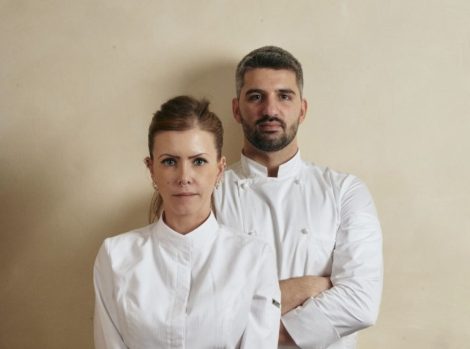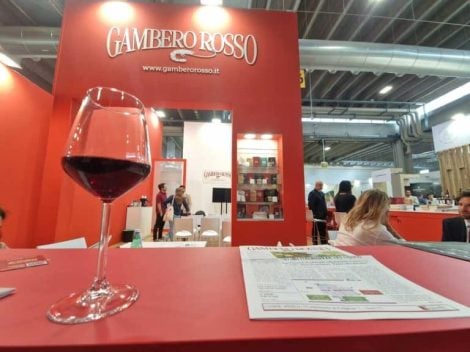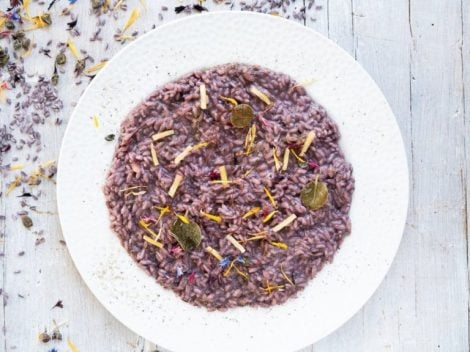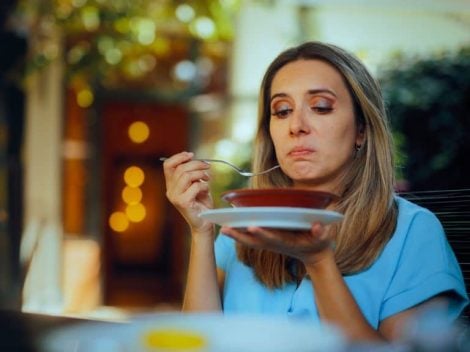Plastic-free Christmas: holidays sans plastic
It has been one of the most discussed topics in recent years, at the centre of debates, surveys and research, but at Christmas time the battle against single-use plastic becomes more challenging. Synonymous with conviviality and large tables, the holiday season is when disposable tableware and cutlery are most purchased and used, without forgetting the age-old issue of food waste (to find out more, here's how to recycle holiday leftovers). Family traditions and rituals are a fundamental aspect of our culture, which one cannot - and should not - give up, including big dinners. However, Celebrating Christmas without resorting to plastic is possible, even for the largest families. Here are some tips for setting the holiday table without waste.
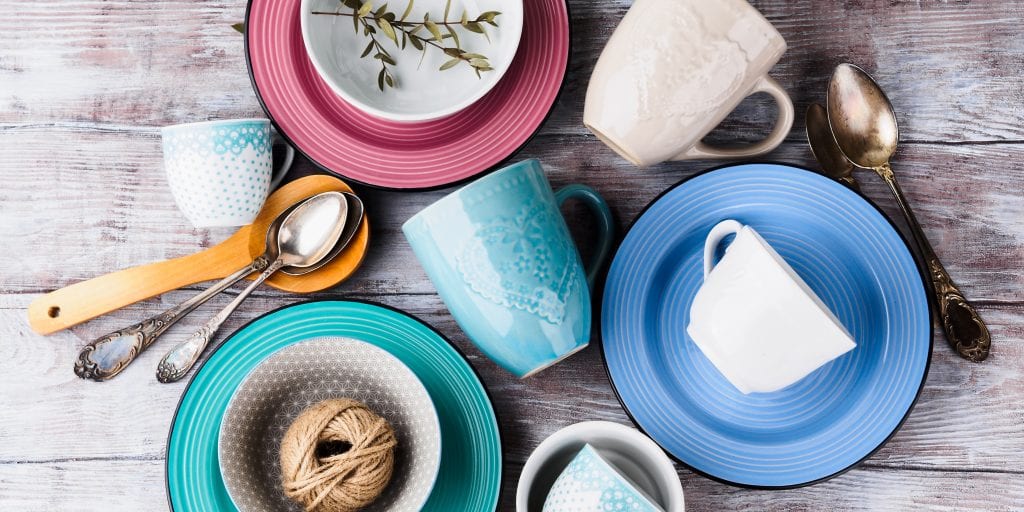
Crockery for rent
Plates, glasses, cutlery, bowls, trays, carafes… There are so many items needed on special occasions, but when the number of diners increases it becomes difficult to rely on home sets. The solution? Crockery for rent. In fact, crockery libraries have recently sprung up in many Italian cities, companies committed to the fight against disposable items that provide all the necessary equipment, to be borrowed and returned after the holidays. A good ecologic and also economic alternative: most of these businesses, in fact, make crockery available free of charge or on free offer. At the end of the holidays, the material must be washed and returned.
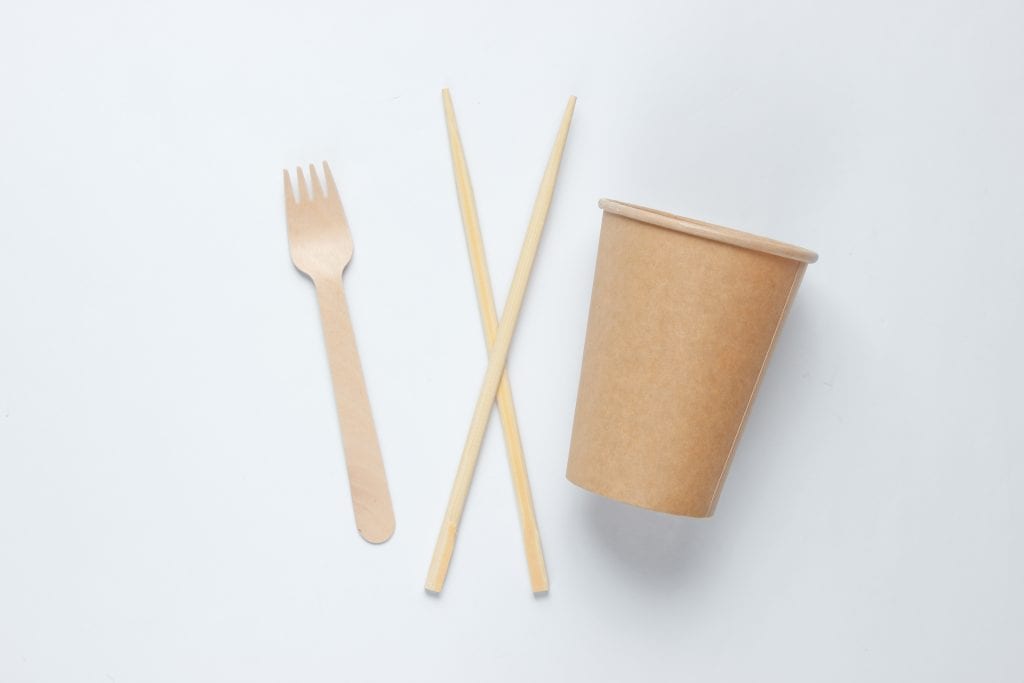
Compostable crockery
It is essential, especially in this period of the year, to understand the difference between biodegradable and compostable: a biodegradable element is broken down into simpler substances through the enzymatic activity of microorganisms, but with variable times depending on the type of material (European legislation states that only those materials capable of decomposing 90% within 6 months can be labelled as biodegradable). A compostable element, on the other hand, is capable of transforming itself into compost, i.e. the result of the disintegration and aerobic biodegradation of organic matter. An item is defined as compostable when it decomposes in less than 3 months. And the rule regarding separate waste collection also changes: a biodegradable bag should not be thrown into the organic waste bag, but rather in plastic, while compostable bags can be disposed of together with the food. So, yes to compostable cutlery, plates and glasses (they can now be found in every supermarket or housewares store), but only if necessary and always sparingly: precious resources are used to produce these objects, as well as to dispose of them. No product is entirely at zero impact and waste – compostable or not – is never the best solution. So, if there really isn't an alternative for Christmas, let compostable tableware be used to the fullest and to the end, perhaps personalising each glass or plate with a distinctive placeholder to avoid generating excess waste.
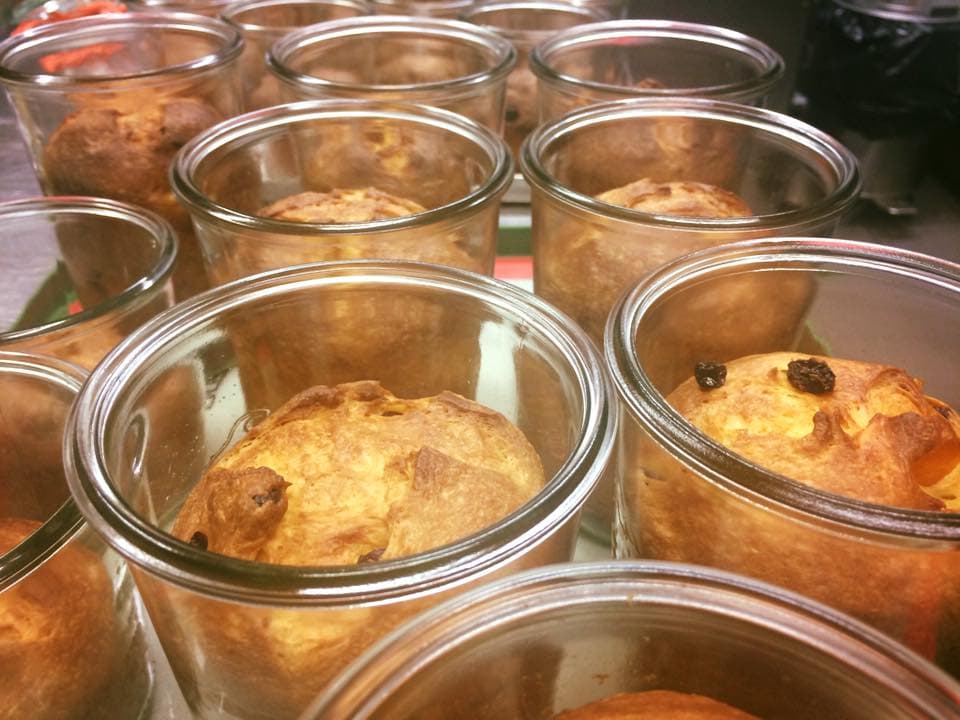
Panettone in a jar
It can't be Christmas without panettone, but if the idea of packaging isn't contemplated or if you have to give a gift to a friend who is particularly sensitive to environmental issues, the jar-cooking version is the best option. Many pastry shops produce variants of the large leavened cake in a jar, equally good and tasty, with a more moist and spongy consistency. The jar can then be recycled and reused for groceries purchased in bulk.
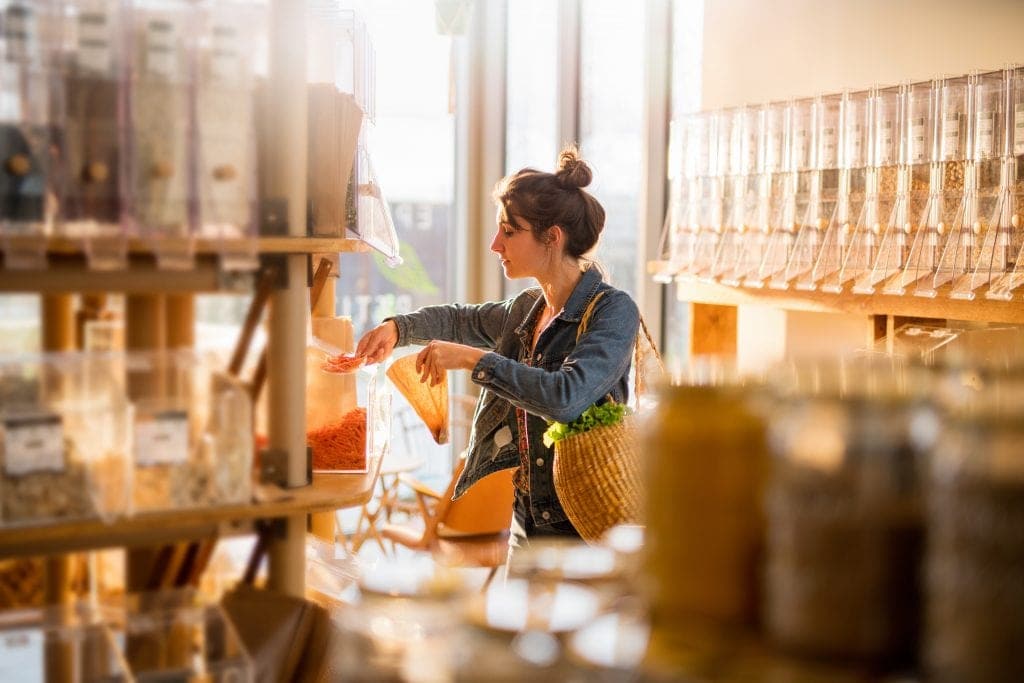
Shopping loose
Yes, shopping for loose items can even be done at Christmas. Of course, it is not possible for all products, when it comes to large set tables, but each guest, in their own small way, can help to avoid unnecessary waste: figs, dates, walnuts and hazelnuts, for example, can be purchased in shops or at markets, without resorting to plastic packaging from supermarkets. As well as fruit (why choose tangerines in a plastic net - to be thrown in plastic - when you can find loose foods everywhere?), vegetables and bread. For more information, tips and advice, here are all the advantages of shopping for loose foods.
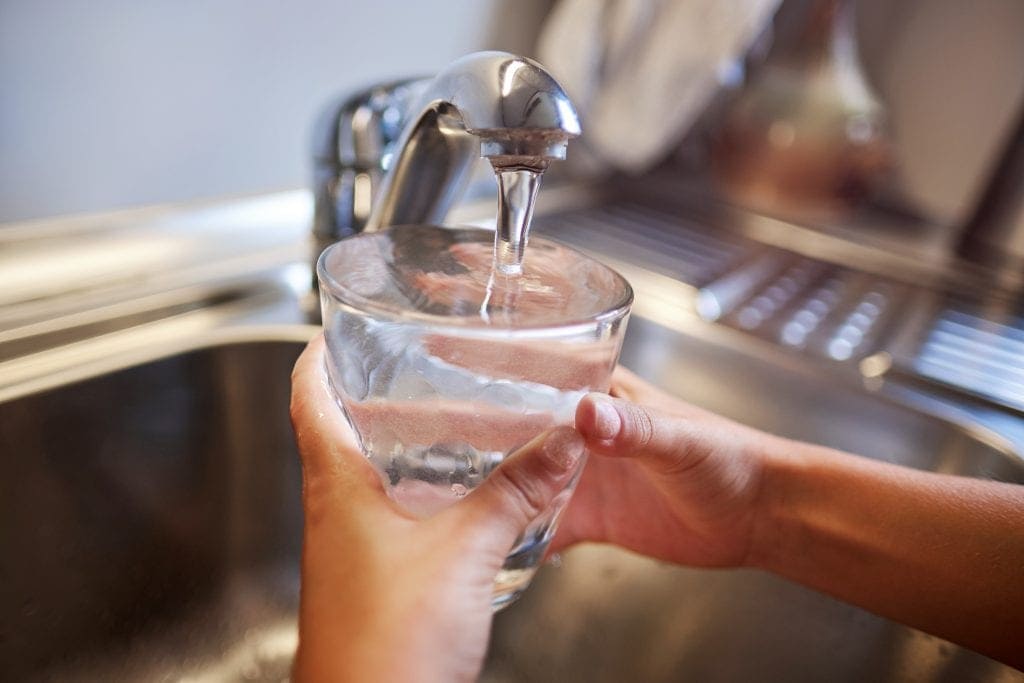
Tap water
Whether it's from the tap, filtered with carafes or taken from water dispensers around the city, it doesn't matter: there are no more excuses for buying plastic bottles, especially in Italy, where the water is drinkable and very good almost everywhere. Last solution, if there are no tap water dispensers in the area (from this year also present in Naturasì stores), choose to buy glass bottles, even better if returnable.
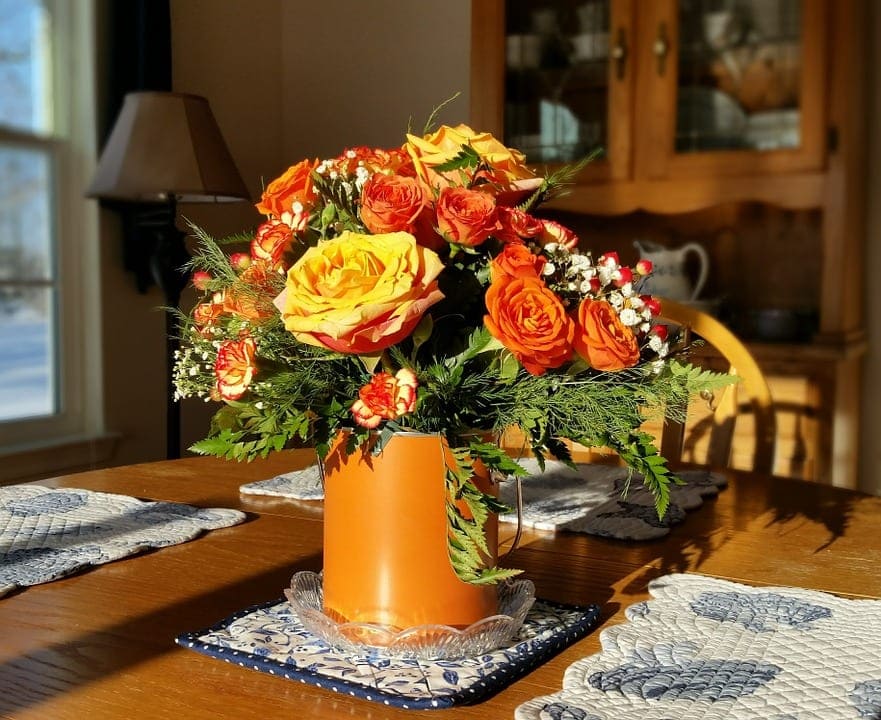
Table decorations
Centrepieces, candles, decorated napkins, coasters: themed decorations cannot be missing on the Christmas table. It would be preferable to use cloth napkins, but if the choice falls on paper napkins, then it is better to choose white ones, possibly of recycled paper: coloured ones, in fact, cannot be disposed of with organic waste, but must be thrown in the mixed waste bin (unless they are white napkins with very small decorations). This is because the pigments and substances used could be harmful to composting. For centrepieces, the first rule is, as always, recycling, so yes to family heirloom decorations, if there are already any in the house. Otherwise, you can buy them in thrift stores, or you can create decorations from nuts and flowers, or even use old bottles of wine and liquor as vases for flowers. Finally, a classic that never goes out of style and that always makes the atmosphere perfect is fresh flowers.
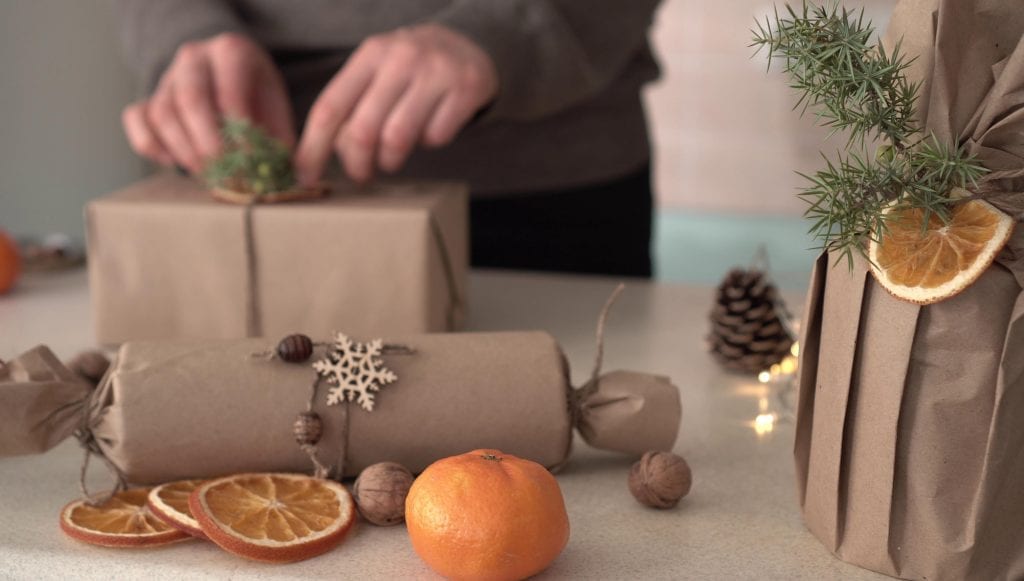
Recycled gift wrapping, creative and tasty
Food is increasingly becoming one of the most popular gifts at Christmas. How to wrap? If it is a box, old newspapers or magazines can be used, tied with twine and embellished with some decorations (it is always better to keep bows and ribbons from old gift wrapping, so that they can be reused). Bottles can also be gifted without a bag or carrier with an original card tied around the neck. A simple idea in line with the gastronomic theme is this: cut thin slices of orange, dry them in the oven at 100°C for about two hours (remembering to turn them often so they don't burn) and then decorate them with a cinnamon stick or star anise, tying them to the gift packages with string.
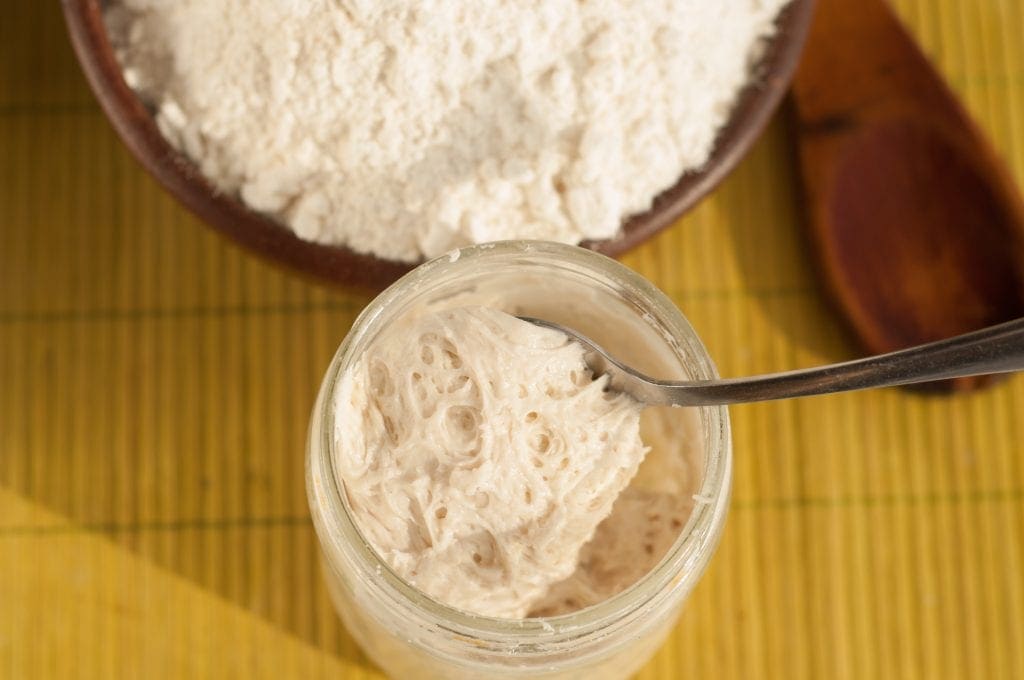
Plastic-free food gifts
There are tons of do-it-yourself gift ideas rampant on the web during the holidays. As gastronomic alternatives, in addition to classic homemade cookies, you can opt for original products to give to cooking enthusiasts who will know how to put them to good use. A sourdough starter, for example, one of the most sought-after elements by amateur bakers, who will finally be able to put themselves to the test with break baking: if there you don't have any to spare, you can try asking bakers, pizza makers or pastry chefs in the neighbourhood. To be given as a gift together with a small manual for taking care of it in the best possible way (to find out more, here's how to make sourdough starter). Or, a kit for preparing mulled wine, the perfect cocktail for the Christmas period (find the history and recipe of mulled wine here) or for hot chocolate (just combine bitter cocoa, sugar and chocolate chips in a jar, attaching a note with quantities and instructions).
by Michela Becchi

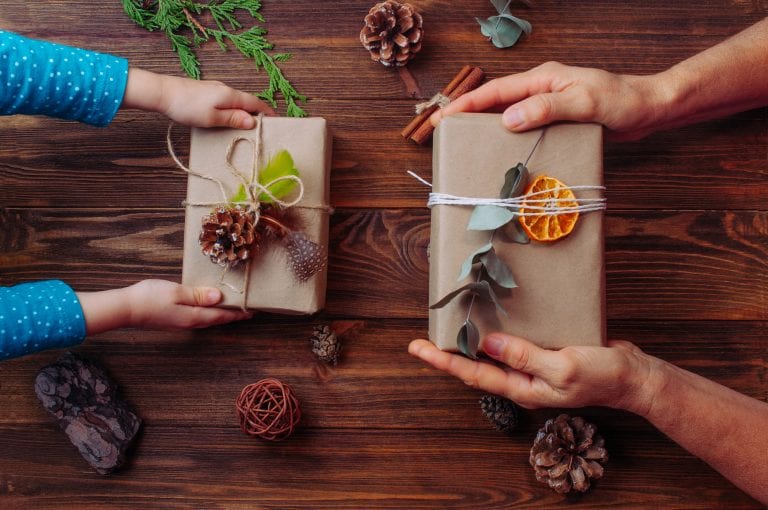
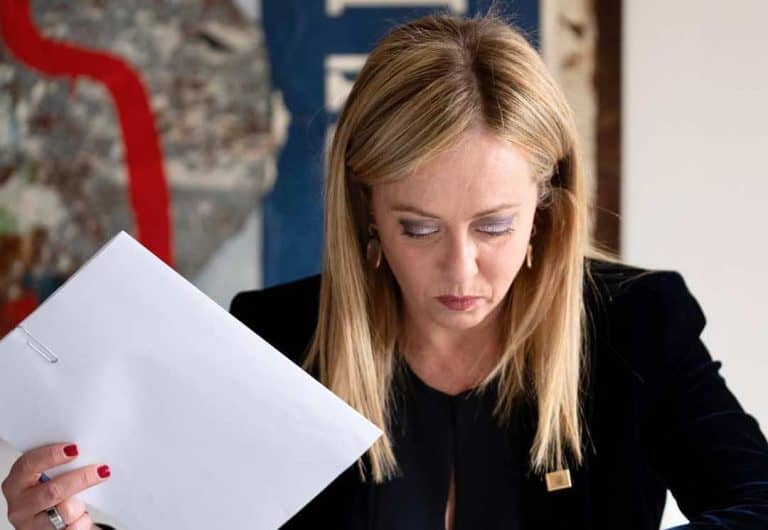 Meloni: "Tariffs? If necessary, there will be consequences. Heavy impact on agri-food sector"
Meloni: "Tariffs? If necessary, there will be consequences. Heavy impact on agri-food sector"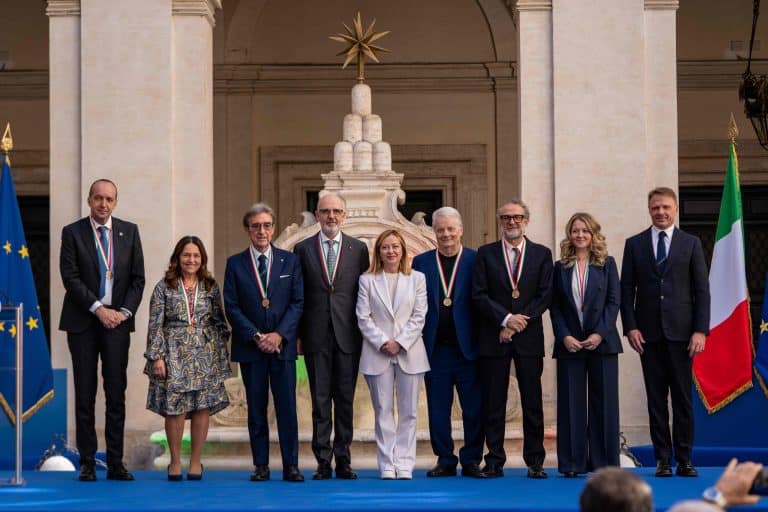 The Government honours the greats of Italian cuisine, from Bottura to Pepe. Massari: "Thank you, Meloni, the only one who listened to us"
The Government honours the greats of Italian cuisine, from Bottura to Pepe. Massari: "Thank you, Meloni, the only one who listened to us"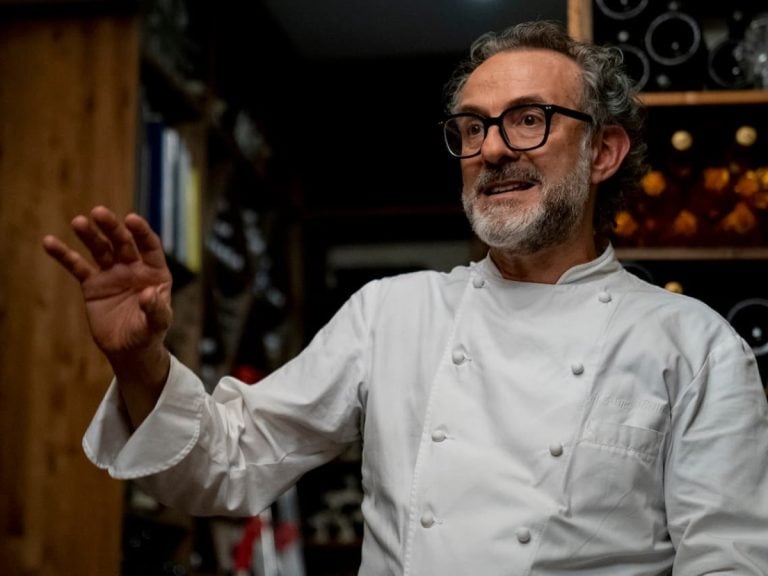 "We must promote a cuisine that is not just for the few." Interview with Massimo Bottura
"We must promote a cuisine that is not just for the few." Interview with Massimo Bottura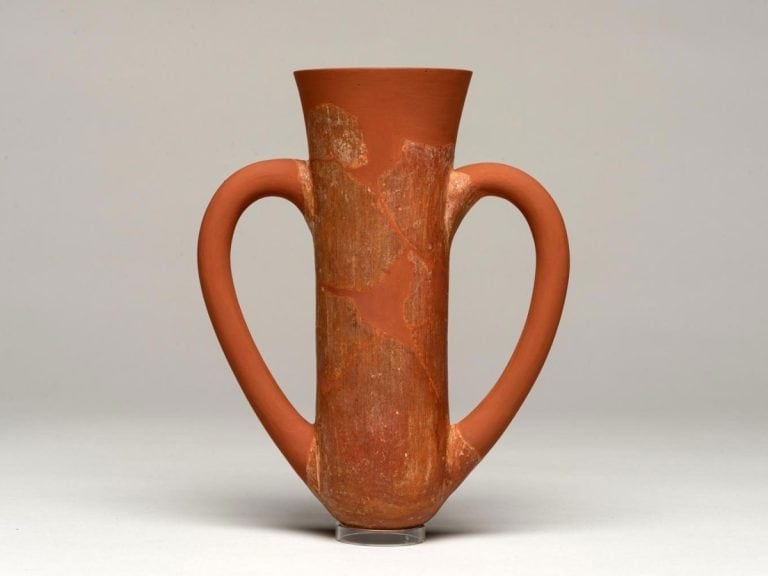 Wine was a drink of the people as early as the Early Bronze Age. A study disproves the ancient elitism of Bacchus’ nectar
Wine was a drink of the people as early as the Early Bronze Age. A study disproves the ancient elitism of Bacchus’ nectar "From 2nd April, US tariffs between 10% and 25% on wine as well." The announcement from the Wine Trade Alliance
"From 2nd April, US tariffs between 10% and 25% on wine as well." The announcement from the Wine Trade Alliance